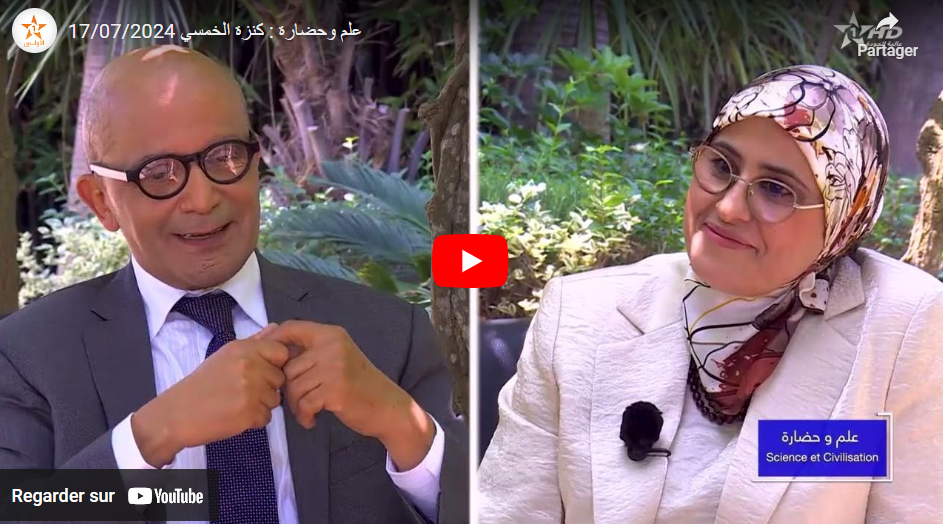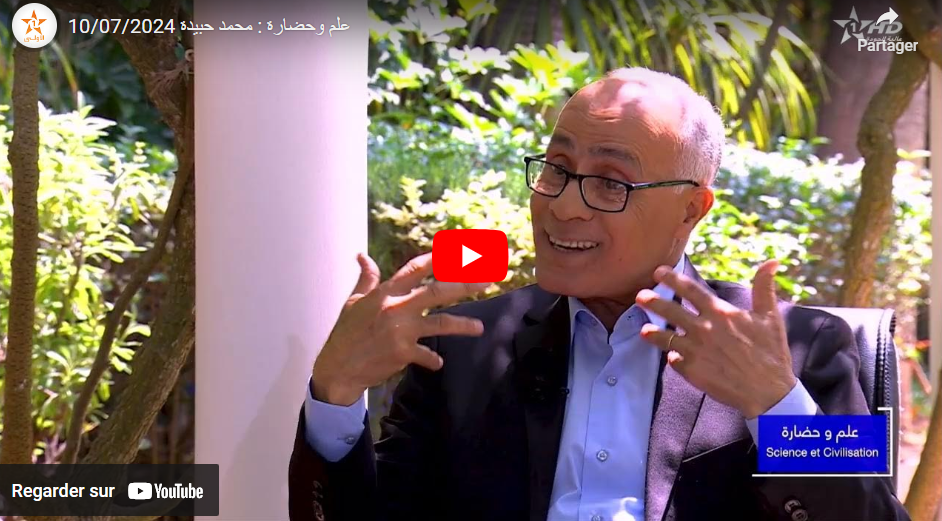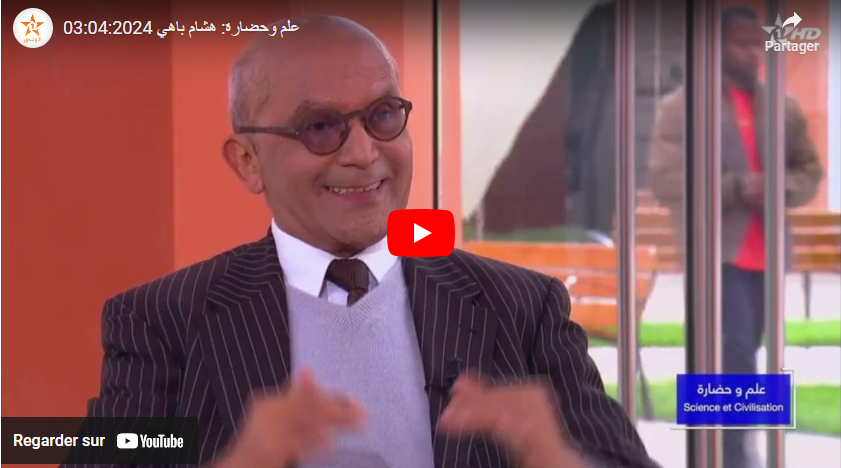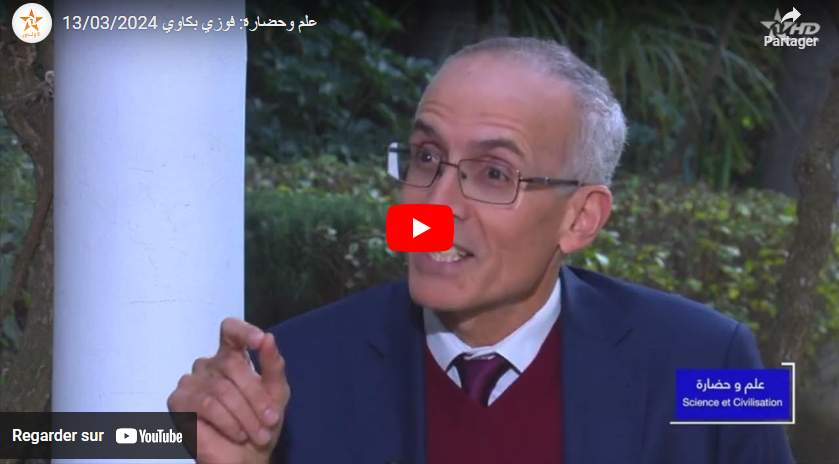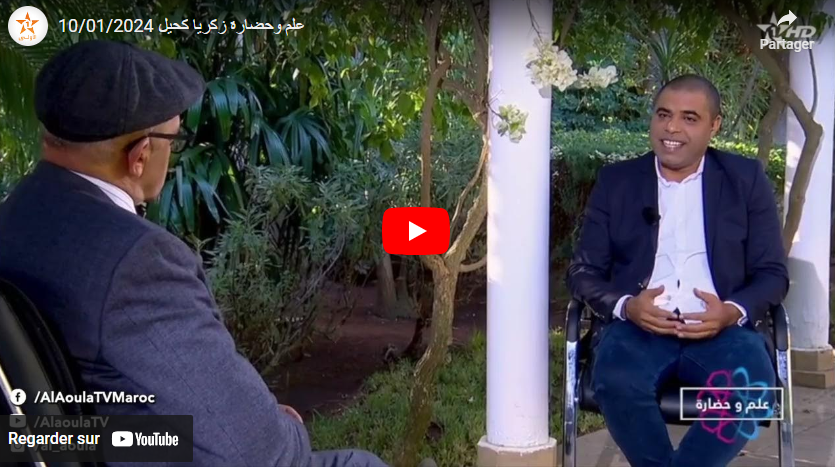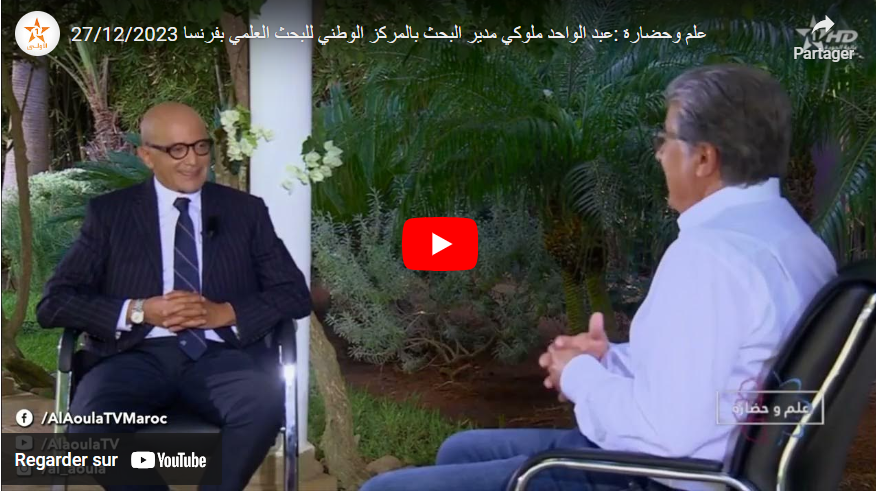Environment
The study of African cities offers valuable insights into how we can foster sustainable interactions with our environment and mitigate the effects of climate change. These urban centers are often grappling with rapid population growth, resource constraints, and environmental challenges which serve as living laboratories for understanding resilience and adaptation strategies.
By examining how communities in African cities innovate to address water scarcity, waste management, and energy efficiency, we can uncover practical solutions applicable globally. Furthermore, insights into traditional building techniques, indigenous knowledge systems, and community-driven initiatives highlight the importance of local engagement and empowerment in sustainability efforts. By leveraging these lessons, policymakers and urban planners worldwide can develop holistic approaches that prioritize environmental stewardship, social equity, and economic development, fostering resilient and sustainable cities for generations to come.
Book Reviews
By Dr. Sabrine Hakam
Postdoctoral at CAS / UM6P

“Science & Civilisation” TV Program on Al Oula




